Pat Dodson: Indigenous voice to parliament a battle of principles
Pat Dodson, the father of reconciliation, has conceded the No case has been ‘effective’ and that a lack of detail has made promoting the voice more difficult.
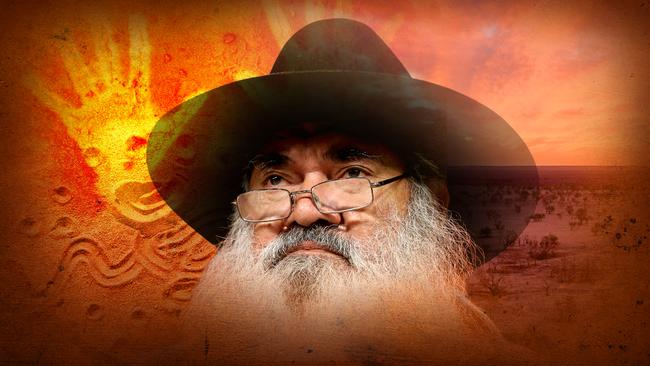
Pat Dodson, the father of reconciliation, has conceded the No case in the referendum debate has been “effective” and that a lack of detail has made promoting the voice more difficult, as Yes23 prepares to launch a more aggressive campaign to claim victory.
The Western Australia Labor senator, who is seriously ill and has so far been unable to campaign for Yes23, said the October 14 referendum to constitutionally enshrine a voice to parliament and executive government was “a contest of Australia’s integrity and honesty, and its future”.
In an interview with The Australian, the Broome-based senator said the voice’s relevance is “what will determine its effectiveness”, and rejected claims that Indigenous Australians were already over-represented in federal parliament.
“I think there is a fairly effective No campaign being run. I don’t believe that’s necessarily a campaign that’s … in our best interest but it’s their campaign,” Senator Dodson said.
“I think that it’s difficult, as everyone knows, to promote the Yes campaign in terms of the detail, what the proposition is, what the provision is, why this is important, how it’s going to benefit us.
“There are some questions that are about detail, which are really not the substance of what we’re talking about. The referendum is about a principle. We put principles in our Constitution, and then we leave it to the legislators to use those principles when they come to make laws.”
Following a bruising fortnight of parliamentary sittings in Canberra, Senator Dodson’s intervention just over four weeks out from the referendum comes on the eve of a major pivot in Yes23’s messaging and strategy.
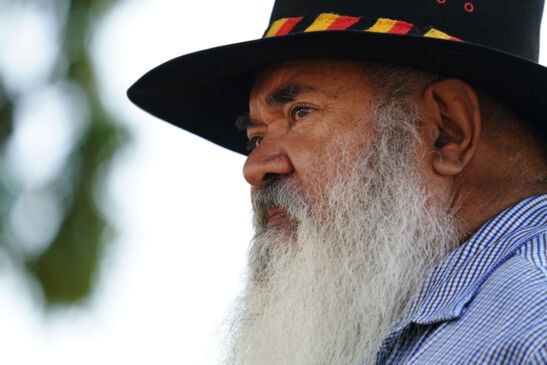
Speaking in question time on Thursday amid Coalition and No campaign outrage over “racism” comments made by Indigenous academic Marcia Langton, Anthony Albanese called for a respectful debate.
“I want the Yes campaign to be positive. The Yes campaign is about embracing a message of reconciliation and unity and, yes, love. Fear is a powerful emotion. But it’s not one that advances a country. What advances a country is bringing people together and a positive message,” said the Prime Minister, who had earlier joined Michael Long at the completion of the former AFL star’s walk from Melbourne to Canberra in support of the Yes campaign.
Ahead of the launch of Yes23 television ads on Saturday, campaign director Dean Parkin acknowledged speed-bumps in the conversation “have not been helpful” and that winning the referendum vote will be a “difficult task”.
As tens of thousands of pro-voice supporters attend mass walks in more than 40 capital cities and regional towns over the weekend, Yes23 is preparing to amplify warnings about the consequences of a No vote.
Amid No campaign warnings that the voice body will intervene across every facet of government, Senator Dodson said “if it wants to deal with an irrelevancy, then it will be dealt with as irrelevant”.
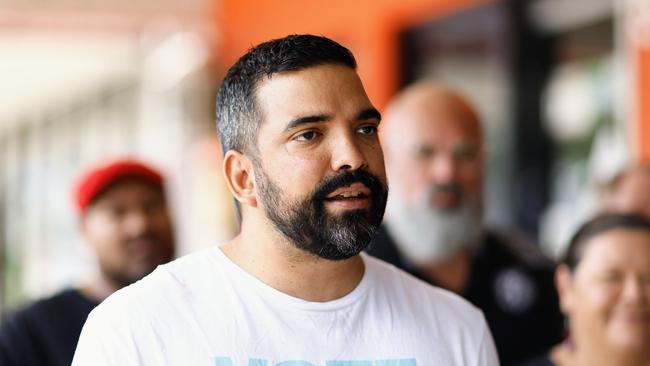
The 75-year-old, appointed by Mr Albanese as Special Envoy for Reconciliation and Implementation of the Uluru Statement from the Heart, said the voice would be elected by Indigenous Australians “for the purpose of Aboriginal representation to the parliament and the executive”.
“(It) exclusively concentrates on the matters that affect Aboriginal people.
“And that will go from health, housing, education, employment … to legacy issues that we know we still have to deal with and the perennial issues that we haven’t got on top of like deaths in custody, incarceration rates, kids being taken away and domestic violence,” he said.
“We’re going to have to deal with some of those broader legacy issues that are going to the question of disadvantage and dispossession, and displacement of Aboriginal people, as well as the contemporary issues now, they’re matters for the future.”
Senator Dodson said future Indigenous leaders elected to a national voice should not be prejudged as “being inept and unastute as to the nature of the responsibilities and the obligations … they’re going to have to carry in their advocacy to the parliament on matters that affect them”.
“There’s a maturity within the Aboriginal leadership that I think people underestimate and condemn and foreclose upon without really understanding that there’s been huge changes, understandings and development.
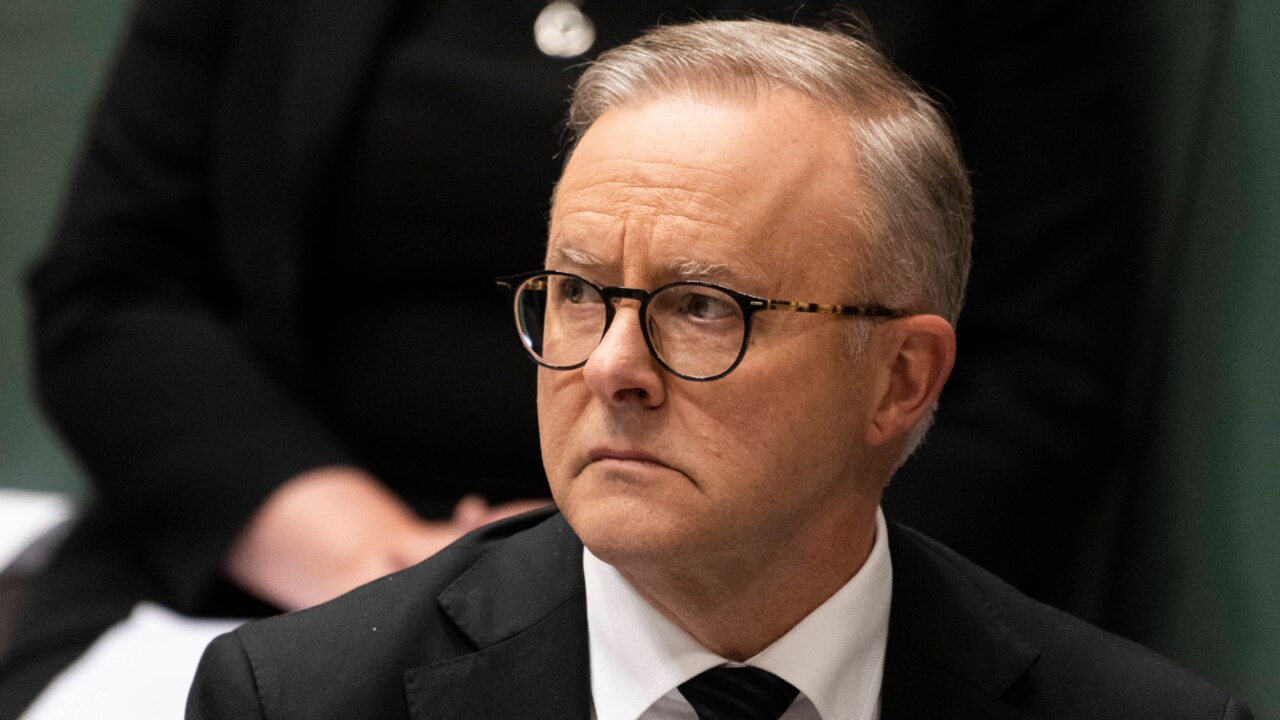
“So it won’t be the same ol’, same ol’ experience that people thought they had with ATSIC or something like that. I think there’s a quality of leaders (who have a) sense of their accountability and responsibility.”
Senator Dodson, a former Council for Aboriginal Reconciliation chair and Aboriginal Deaths in Custody commissioner, said Australia’s future identity would be measured in terms of whether the nation votes yes or no.
Born as a “non-citizen” before the 1967 referendum, Senator Dodson said he grew up in an era dominated by governments and “learned white folks who believed that they knew best”.
Ahead of opposition Indigenous Australians spokeswoman Jacinta Price telling the National Press Club on Thursday that Indigenous MPs and senators were “over-represented” in the parliament, Senator Dodson said he was elected to represent an entire state.
“You’re trying to represent the interests of the state and that encompasses everyone in the state, the farmers, the miners, the Aboriginal people, the small-business operator. As an Aboriginal person, member of the Labor Party and a senator, I’m a politician that is a member of the Labor Party.
“I’m not there exclusively for Aboriginal people. In fact, there are many things internally, when the topic of Aboriginal people or issues that affect Aboriginal people arise, I don’t necessarily see that as me having to be the definitive answer on those matters. I might join the debate, I may not join the debate, depending on which portfolio it is.”
Writing in The Australian, Mr Parkin said Yes23 would ramp up efforts to win over soft voters by countering “misunderstanding and misinformation”.
Mr Parkin – who rejects claims that the voice is a “project of the elites” – said while “some Indigenous people disagree” with the proposal, he believed a majority would vote yes.
“I have no doubt politicians and bureaucrats want to find solutions, regardless of their position on the referendum. But I am similarly of the resolute conviction that without a Yes vote, there will be no successful means to finding those solutions without ongoing advice from the real experts – the people in communities,” Mr Parkin wrote.
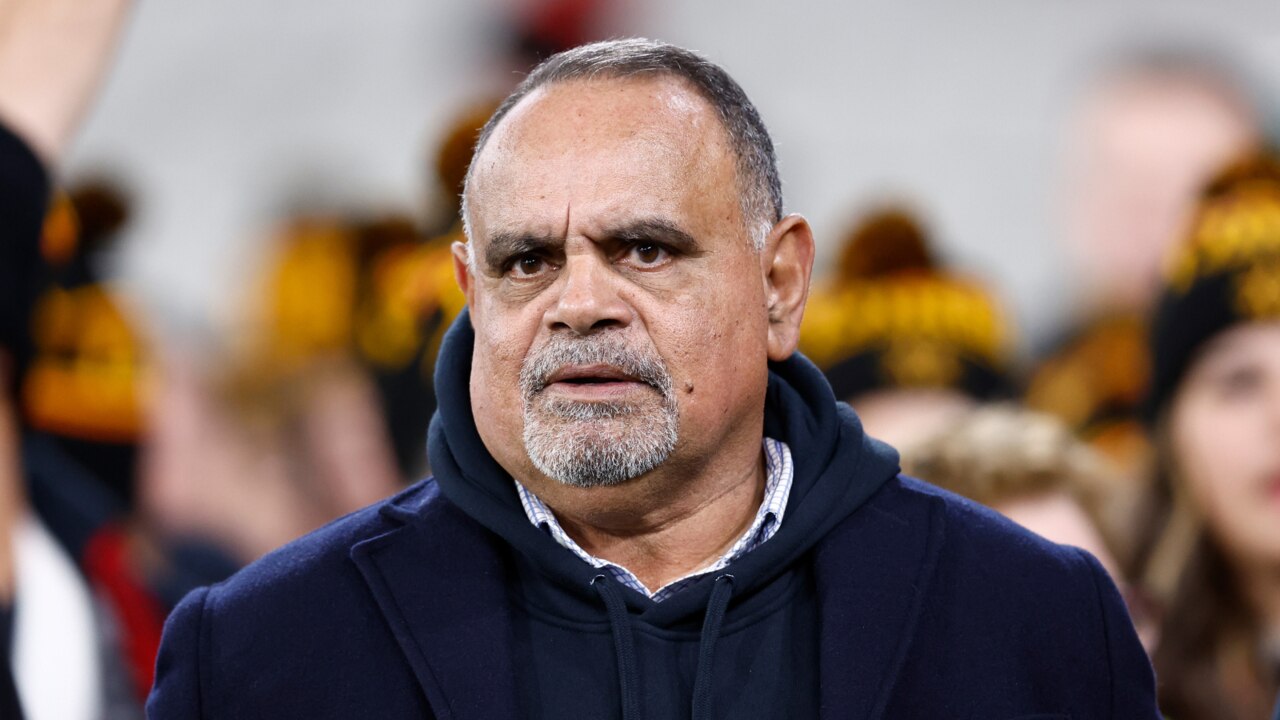
“That conviction stems from the decades of failed policy underpinned by stop-start policymaking, not so much characterised by course adjustments as it is by ripping up the map every few years.
“Our campaign has just over four weeks left to run. This is the period when we believe Australians will really focus on both the provision and the choice.”
Pointing to repeated failures in Closing the Gap – illustrated in a recent Productivity Commission update – Mr Parkin said “we have to ask what a No vote will mean for the nation”.
With Yes23 signing up almost 40,000 volunteers to doorknock, hit the phones and attend booths on referendum day, Mr Parkin said Yes23 had “never been under any illusions that winning this referendum would be anything other than a difficult task”.
“Australians are justifiably hesitant about changing the foundation document that has been the platform for such a successful nation.
“The debate has rightly been robust. The conversation more broadly has occasionally taken detours, which evidently have not been helpful to a Yes campaign that is working to explain a constitutional change to 18 million Australians,” he wrote.
“In talking to people about this, it’s very common to meet voters who currently plan to write no on their ballot paper. Exploring their reasons, it has been my consistent experience that more often than not, their view is based on a misunderstanding, or sometimes simple misinformation.”

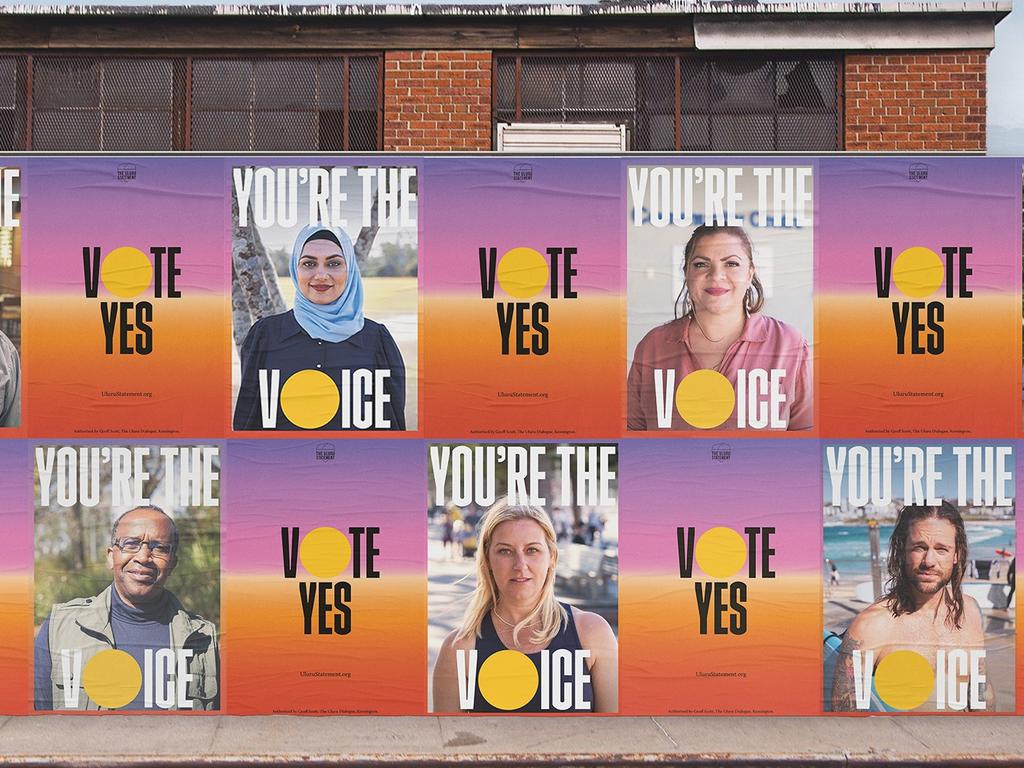
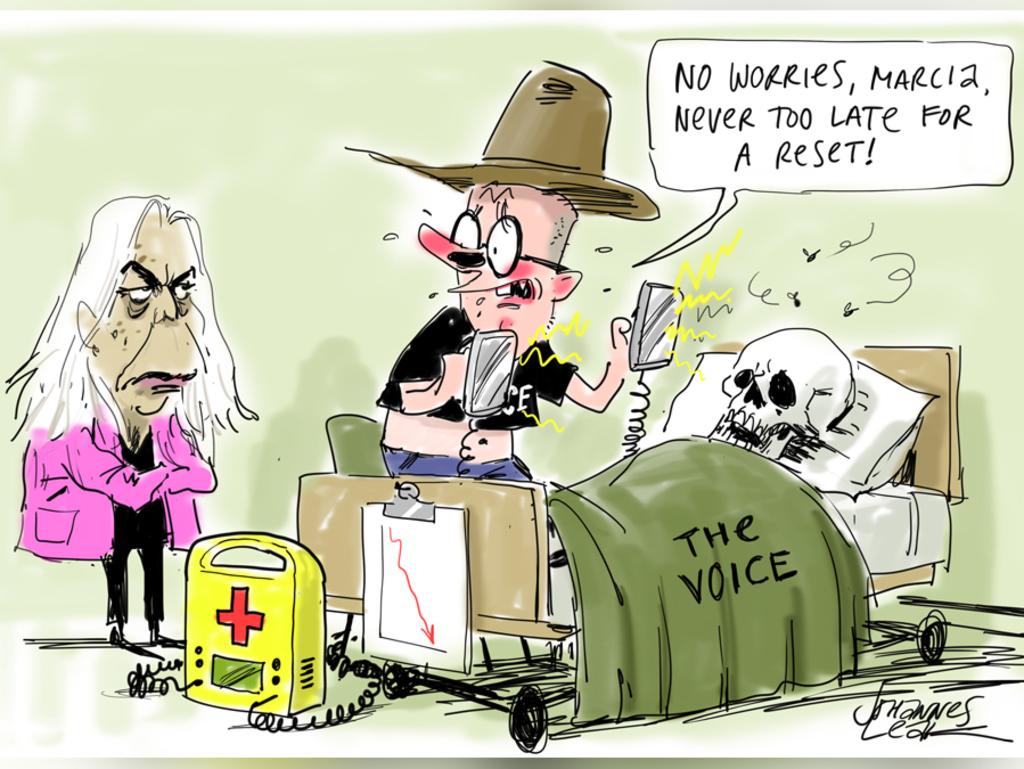

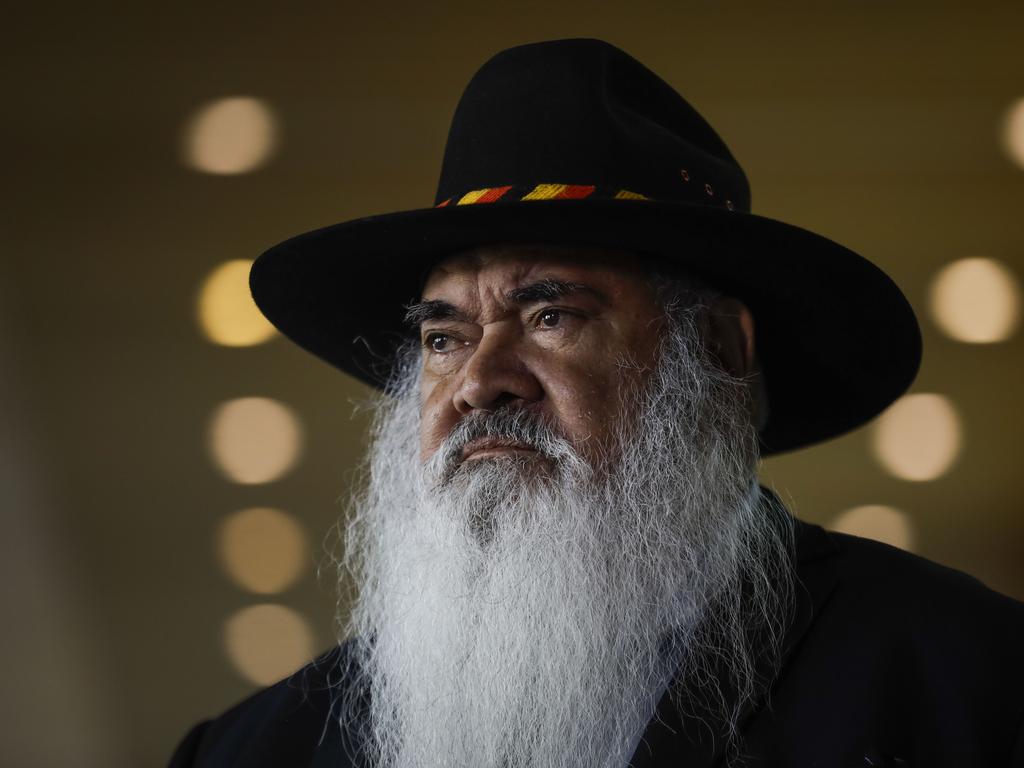


To join the conversation, please log in. Don't have an account? Register
Join the conversation, you are commenting as Logout